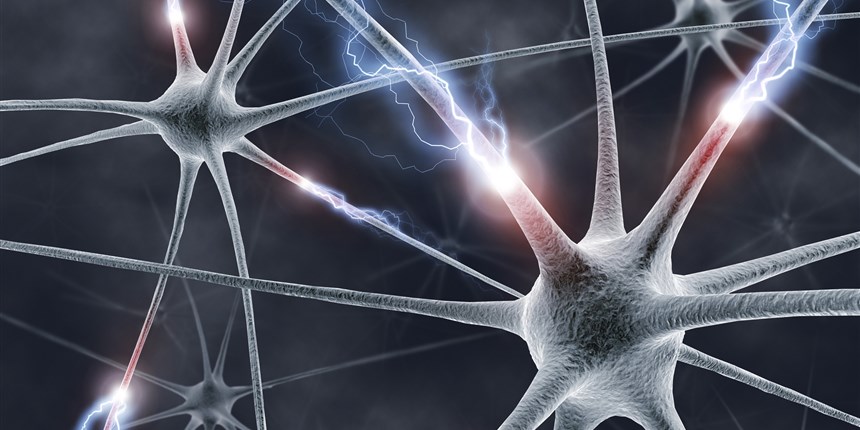Scientists say brain implant may be the key to beating addiction
What if people suffering from debilitating addiction could regain control of their lives thanks to a brain implant? We’re not there yet, but a provocative new study shows it may be possible to control the impulsive behaviors that fuel addiction by delivering electrical pulses to a specific part of the brain.
The findings offer hope that one day effective treatment may be available for life-threatening addictions, crippling depression, and other destructive disorders such as severe binge eating and compulsive gambling. That’s the word from Dr. Casey Halpern, an assistant professor of neurosurgery at the Stanford University Medical Center and senior author of a paper about the research, published online Dec. 18 in the journal Proceedings of the National Academies of Sciences.
Halpern and his research team observed a distinct pattern of electrical activity in the brains of mice that had learned to gorge on fatty food. The activity, which occurred just seconds before mice started to eat uncontrollably, essentially acted as a sort of anticipatory electrical signature indicating that the pathological behavior was imminent.
“If you’re going to binge or do anything that’s impulsive or reward-based, you always have a sense that something is rewarding right before you do it — sort of like a craving,” Halpern told NBC News MACH.
Related
Steer A Car With Your Brain Waves? Nissan Says It Has The Tech
Using electrodes implanted into the mice’s brains, the researchers delivered a 10-second electrical pulse to the nucleus accumbens, a brain region known to be a hub for pleasure and reward. They found that the stimulation dramatically reduced the mice’s overeating.
But could something similar work in humans? To find out, the researchers turned their attention to a man who already had a brain implant to treat his severe obsessive-compulsive disorder. They observed a similar sort of electrical signature in his brain, which suggests humans may indeed respond to stimulation of the nucleus accumbens.
Deep-brain stimulation (DBS) of the brain is already used to treat the debilitating movement disorder Parkinson’s disease. But would people battling addiction really agree to surgery and the idea of having an electrode permanently implanted in the brain?
Halpern thinks it’s likely.
“Imagine obese people or pathologic gamblers who are bankrupt, or even a depressed patient who has the impulse to commit suicide — some of these things are life-threatening or tremendously debilitating,” Halpern said. “I suspect not everybody, but you’d be surprised how many are willing to get these implants because it could improve their quality of life tremendously.”
Dr. Michael Bruchas, the Henry E. Mallinckrodt Professor at Washington University in St. Louis, called the findings “a pretty big advance.”
“It may be the case that the brain doesn’t have abnormal activity all the time,” said Bruchas, who was not involved in the research. “This allows you to fine-tune with more specificity. You can see when the brain is reaching a threshold and then you tune it back to a baseline or normal level of brain activity.”
Next, Halpern and his team hope to secure funding for an experimental trial that focuses on brain stimulation of obese patients who continue to overeat despite having had gastric bypass surgery. The trial could begin as early as this summer, Halpern said, adding, “This is an opportunity to treat a disease state that has no available treatment.”
@OriginalWorks
The @OriginalWorks bot has upvoted and checked this post!
There is a small/medium/high chance that there are similarities present here:
http://www.euronews.com/2018/01/07/scientists-say-brain-implant-may-be-key-beating-addiction-ncna835051
This is an early BETA version. If you cited this source, then ignore this message! Reply if you feel this is an error.